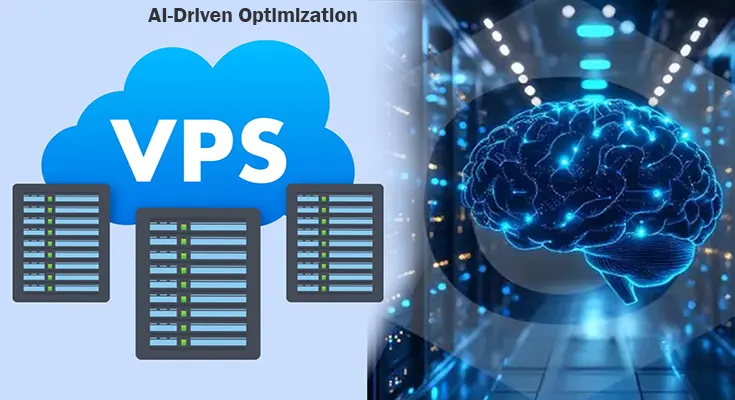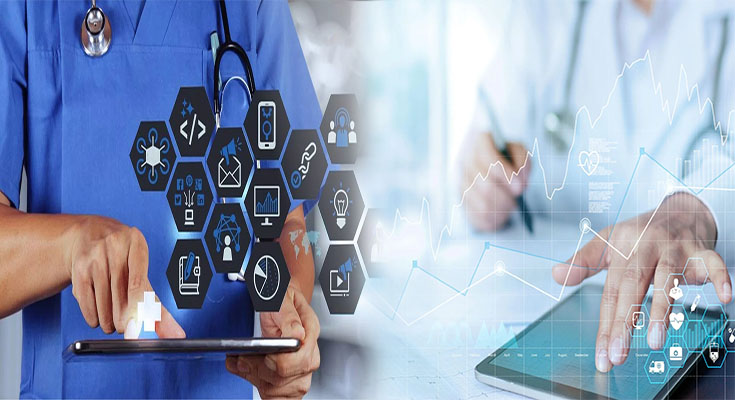
AI-Driven Optimization in VPS Hosting
Artificial Intelligence (AI) rules the new digital world. It is rapidly transforming industries with startups at the forefront of this revolution.
If you are a startup and are looking for a web hosting service to support your AI application or website, you must opt for VPS hosting in India. You need an adaptable hosting infrastructure to develop, deploy, scale and modify AI applications.
The virtual private server (VPS) environment offers a robust solution with a blend of flexibility and const-effectiveness. In this blog, we discuss how your VPS server supports your AI project seamlessly.
Why VPS Server Hosting Offers the Perfect Solution for AI Startups?
● Cost-Efficiency
When compared to shared hosting, virtual private server environments are expensive. However, compared to a dedicated server, these servers offer a more affordable option. Using VPS for AI allows you to enjoy the stability of hosting bills.
Additionally, you experience the luxury of …
AI-Driven Optimization in VPS Hosting Read More




